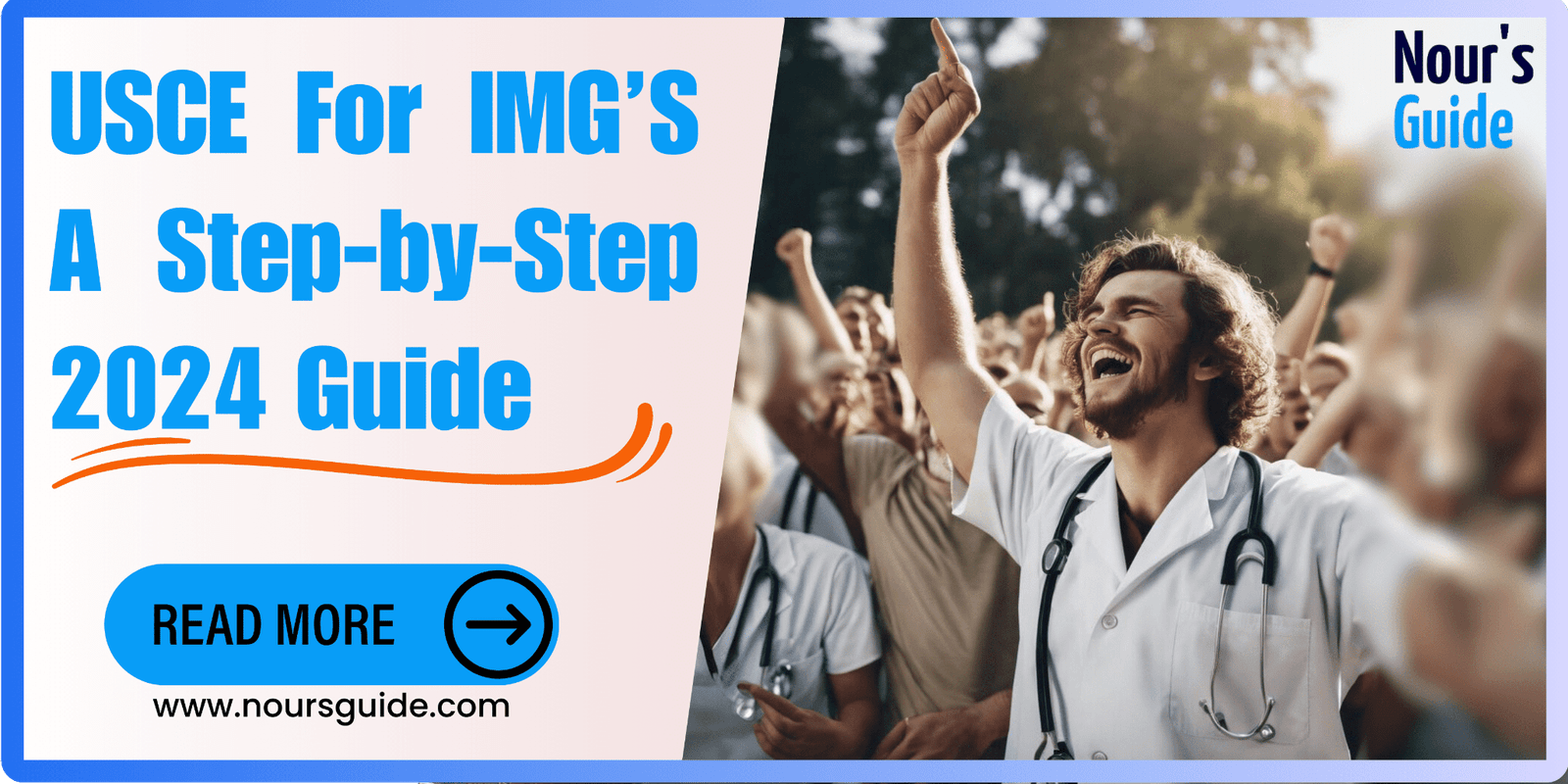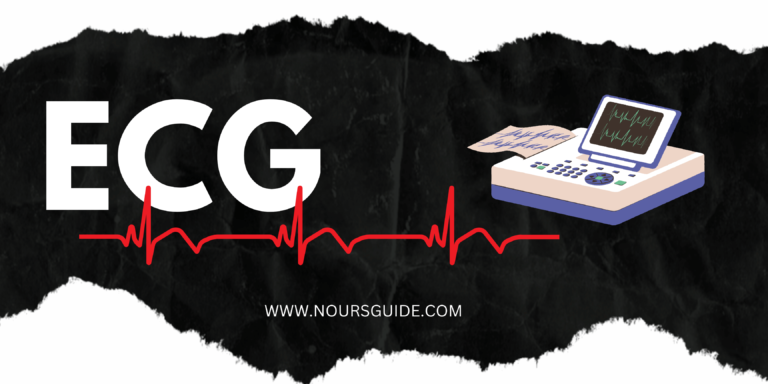(USCE) for (IMGs): A Comprehensive 2024 Guide15 min read
International Medical Graduates (IMGs) seeking residency programs in the US require US Clinical Experience (USCE). This blog post covers the importance, types, cost, and requirements of USCE.
What is a USCE?
USCE stands for United States Clinical Experience. It refers to any clinical activity that involves patient interaction in the United States. Examples of USCE include sub-internships, observerships, electives, and externships. It is a great addition for international medical graduates (IMGs) CV seek residency programs in the US.
What’s the purpose of having A USCE?
The healthcare system in the United States is unique and different from other parts of the world. If you are planning to pursue your residency in the US, it’s essential to have a comprehensive understanding of the system. To achieve this, it is recommended that you gain some technical experience beforehand. The best way to obtain such experience is to come to the US as a medical student during your final year and participate in electives. Even if you have already graduated, you can still opt for observerships or externships to gain exposure to the system. Building contacts in the US is also crucial. Choosing the right place to do your electives can play a significant role in this regard. Networking with other students, both international and American graduates, can provide valuable insight into the process and preparation materials. Ultimately, having US Clinical Experience (USCE) can help you establish connections in the US, and if you do well, they may write you letters of recommendation that are essential for your residency application process.
Key Considerations Before Applying for USCE
Before applying for USCE, IMGs should ensure they meet all requirements, including English proficiency tests such as TOEFL or Step 1 certificate. They should also research potential hospitals and physicians for rotations, prepare a strong CV and personal statement, and familiarize themselves with visa requirements for international medical graduates.
Why do U.S. clinical rotations matter and why do you need to do them?
There are three key points to consider:
- U.S. clinical rotations are important for generating a “Letter of Recommendation” (LoR) from an American physician, which is crucial for residency applications.
- When applying for residency, your ERAS CV work experience section will include details about your clinical rotations, including the settings, patient encounters, and EMR usage.
- Experience in U.S. clinical rotations is essential for answering interview questions authentically and in a U.S.-based context.
You could get an interview in your preferred hospital with high exam scores and maybe research participation but what will make you pass the interview is the USCE as it shows you have real-life experience and shows that you went that extra mile to secure a good residency program.
Types of US Clinical Experience (USCE) Available for IMGs: Hands-On vs. Hands-Off:
Hands-On Rotations:
Where you actively participate in patient care, taking history, physical examination, etc..
– Electives: Typically for undergraduates, involves working with a team without direct patient care responsibilities.
– Sub-Internships: Offers more responsibility, akin to a PGY1 intern, and provides a better experience for your LoR and ERAS CV.
– How to apply for electives: Through VSLO (Visiting Student Learning Opportunities) if your school is associated with the program or directly to institutions. Non-VSLO.
– Research Electives: Underpaid experiences focusing on research skills and networking.
We will discuss Electives in a separate blog post.
Hands-Off Rotations:
– Observerships: Involves shadowing physicians without direct patient interaction. Can be beneficial for understanding the U.S. healthcare system.
– Research Fellowships: Paid or unpaid postdoctoral research experiences, essential for competitive specialties and building a network.
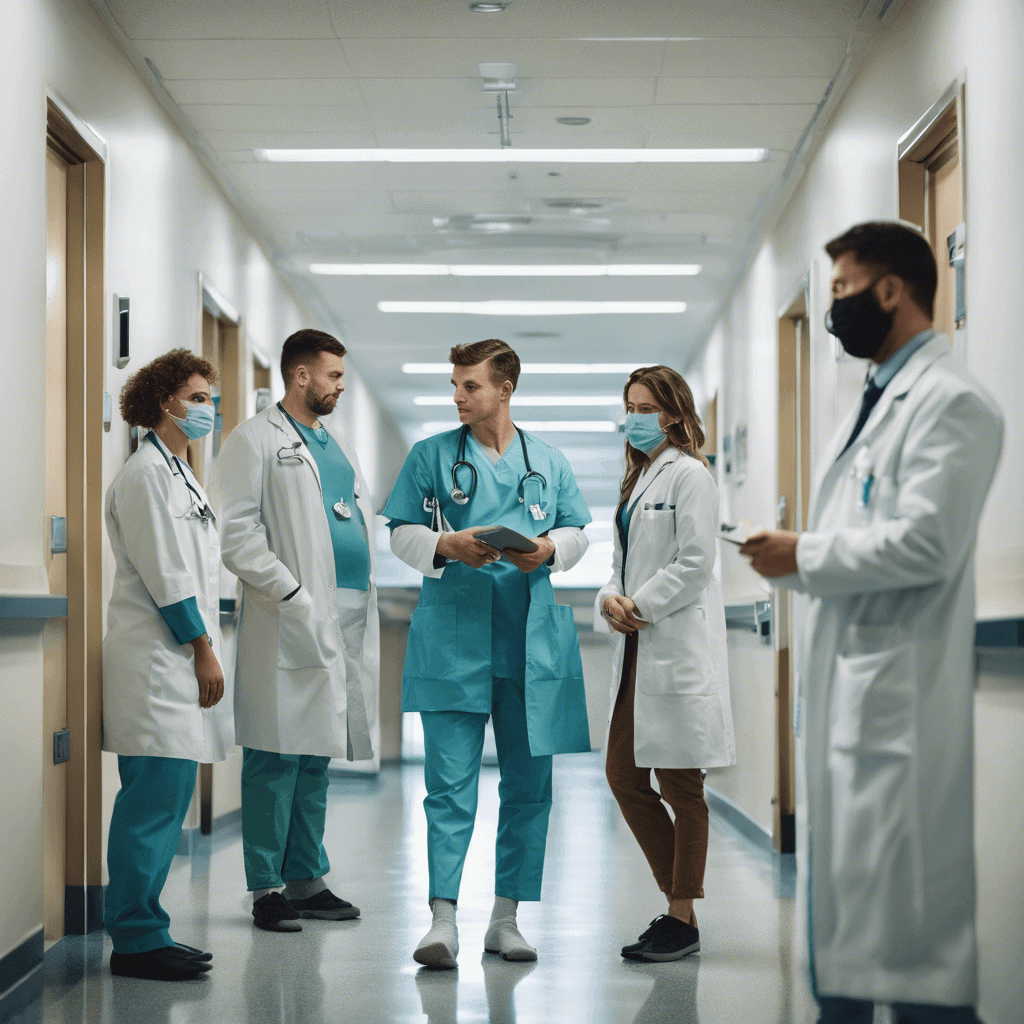
Observerships vs. Clerkships: Which is Right for You?
Observerships involve shadowing physicians and observing medical procedures without direct patient care involvement. Clerkships, on the other hand, provide hands-on clinical experience where IMGs actively participate in patient care, examinations, and procedures. While observerships offer valuable exposure, clerkships are more beneficial for enhancing CVs and residency applications.

What’s your advantage as a medical student?
Observerships and externships differ from electives primarily based on the stage of medical education and the level of patient contact involved. As a medical student, you can participate in medical electives before graduating and receiving your degree. However, after graduation, you typically engage in observerships or externships.
During medical electives as a student, universities often require your Dean’s letter, and proof of current enrollment, and may request malpractice insurance. This allows for supervised patient contact within the scope of your education and training.
After graduation, when engaging in observerships or externships, you do not have the same student status or privileges. Therefore, you cannot interact with patients as a doctor without the necessary licensure. This distinction is crucial in understanding the differences between these experiences.
When you come to a medical setting as a student, you have the authority to perform physical examinations and access patient data. However, after graduating and entering an observership as a doctor, you lack the license to conduct these activities. This means you are unable to perform physical exams or write patient notes, making observerships more challenging.
Addition
In some observership settings, you may only be asked to present a case, with limited access to patient information provided by residents or fellows. The level of restriction can vary from place to place, with some being more relaxed and others being stricter. In stricter settings, you may not be allowed to enter patient rooms or access patient data, limiting your participation in attending rounds and answering questions.
Given the difficulties in obtaining observerships after graduation and performing well in them, it is often preferable to come to the United States as a student. This allows for greater opportunities and experiences within the medical field.
Could You Get Free USCE without step 1 as an IMG?
Usually, usce’s are paid there is a fee that ranges from $500 to $4,000. Depending on the hospital and specialty. You can find free USCE but mostly it’s an observership, not an elective. You can get it through connections of ppl you know or through cold emails sent to hospitals and physicians. Take Jess’s experience, for example, she secured 3 Electives without Step 1 or paying a penny.
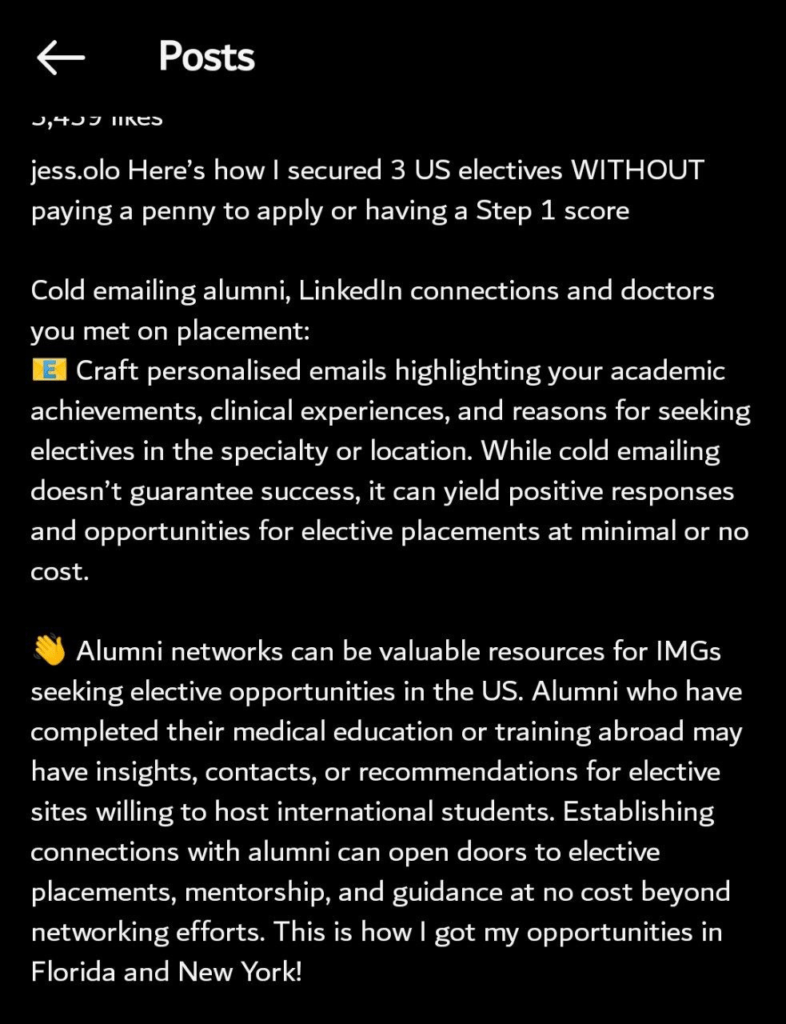
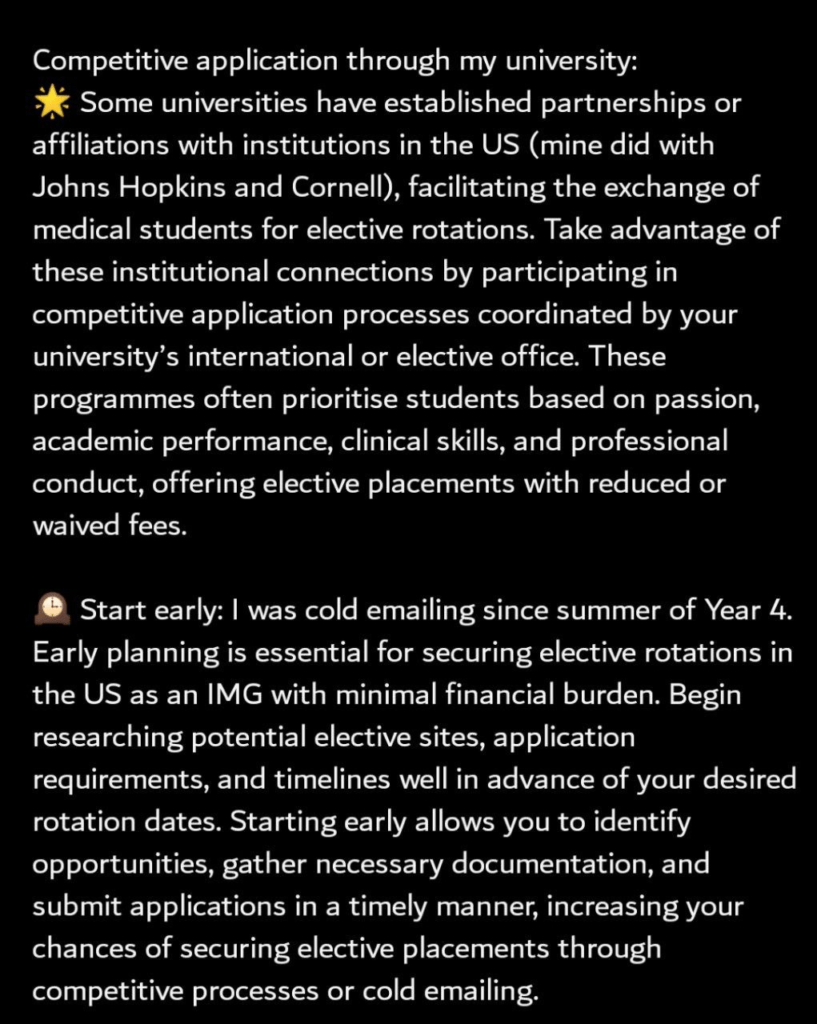
How to Apply for USCE?
IMGs can apply for USCE directly through university programs
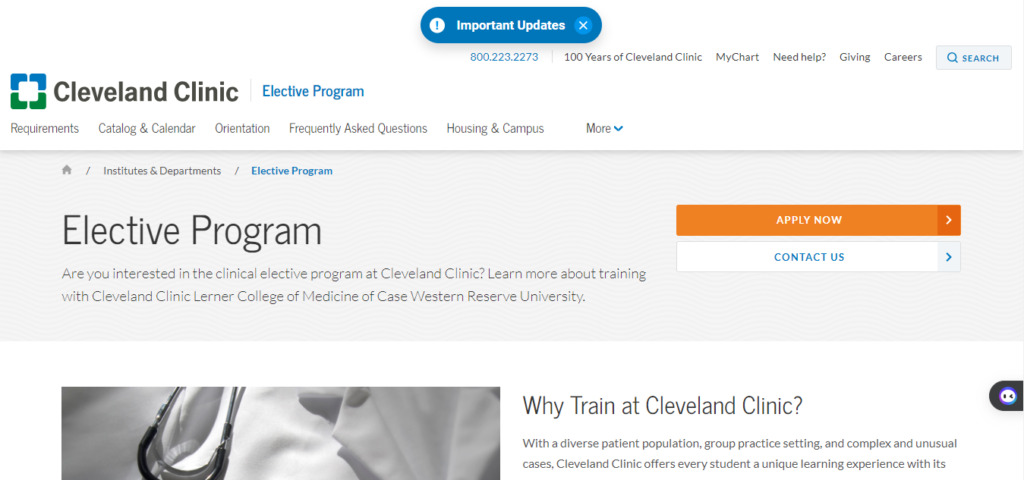
https://my.clevelandclinic.org/departments/elective-program
or through companies [Gorotationsplus, IMGhelinghand, TheMatchGuy, or portals specializing in arranging clinical rotations. When applying directly, check university websites for elective opportunities and follow their application procedures. Alternatively, explore companies like MedClerkships, FMG Portal, or Chicago Clerkships for rotation placements.
Preparing for USCE
Before applying for USCE, ensure you meet all requirements, including English proficiency tests like TOEFL, if required. Prepare a strong CV and personal statement highlighting your academic achievements and career goals. Research potential hospitals and physicians for rotations, and be proactive in seeking out opportunities.

Tips for Maximizing USCE Experience
During your USCE, make the most of your experience by actively engaging with healthcare teams, seeking feedback, and networking with physicians and residents.
Take initiative in patient care, demonstrate professionalism, and ask questions to enhance your learning. Additionally, maintain a positive attitude and willingness to adapt to different clinical settings.
Another advantage of doing clinical experience in the United States that I just remembered I should mention earlier is preparing for the USMLE Step 2 CS. Since you’ll be physically present while doing your observerships or electives, you’ll have the opportunity to meet and practice with other students who are in the same situation as you. So, having some USCE helps with the final exam.
The Importance of Letters of Recommendation (LOR):
Letters of recommendation (LoRs) obtained during USCE are crucial for residency applications. Aim to secure LoRs from reputable physicians who can attest to your clinical skills, work ethic, and professionalism. Ensure the LoRs are personalized, written on university letterheads, and highlight your strengths as a candidate.
Research Opportunities During USCE
During USCE, IMGs may also have opportunities to engage in research projects, which can further enhance their CVs and provide valuable experience. Research involvement demonstrates academic curiosity, critical thinking skills, and a commitment to advancing medical knowledge.
Visas for IMGs to Do Electives in the United States
A valid visa is a non-negotiable requirement for IMGs looking to engage in U.S. electives. Whether through the J-1, F-1, or B-1 visas, each offers a doorway to invaluable clinical immersion but comes with distinct stipulations.
– J-1 Visa Procurement: Sponsored by ECFMG, predominantly for those enrolled or recently graduated from medical school
– F-1 Visa Consideration: Suitable for elective participation integrated into the IMG’s academic curriculum
– B-1 Visa Application: Potentially applicable for short-term electives, though limiting in terms of allowable clinical activities
Carefully selecting a visa that aligns with one’s elective plans is essential for ensuring compliance and avoiding any legal complications.
Building Strong Professional Relationships During USCE
During USCE, IMGs should actively engage with healthcare teams, seek feedback, and demonstrate professionalism. Building strong relationships with physicians, residents, and other healthcare professionals can lead to valuable networking opportunities and potential letters of recommendation.
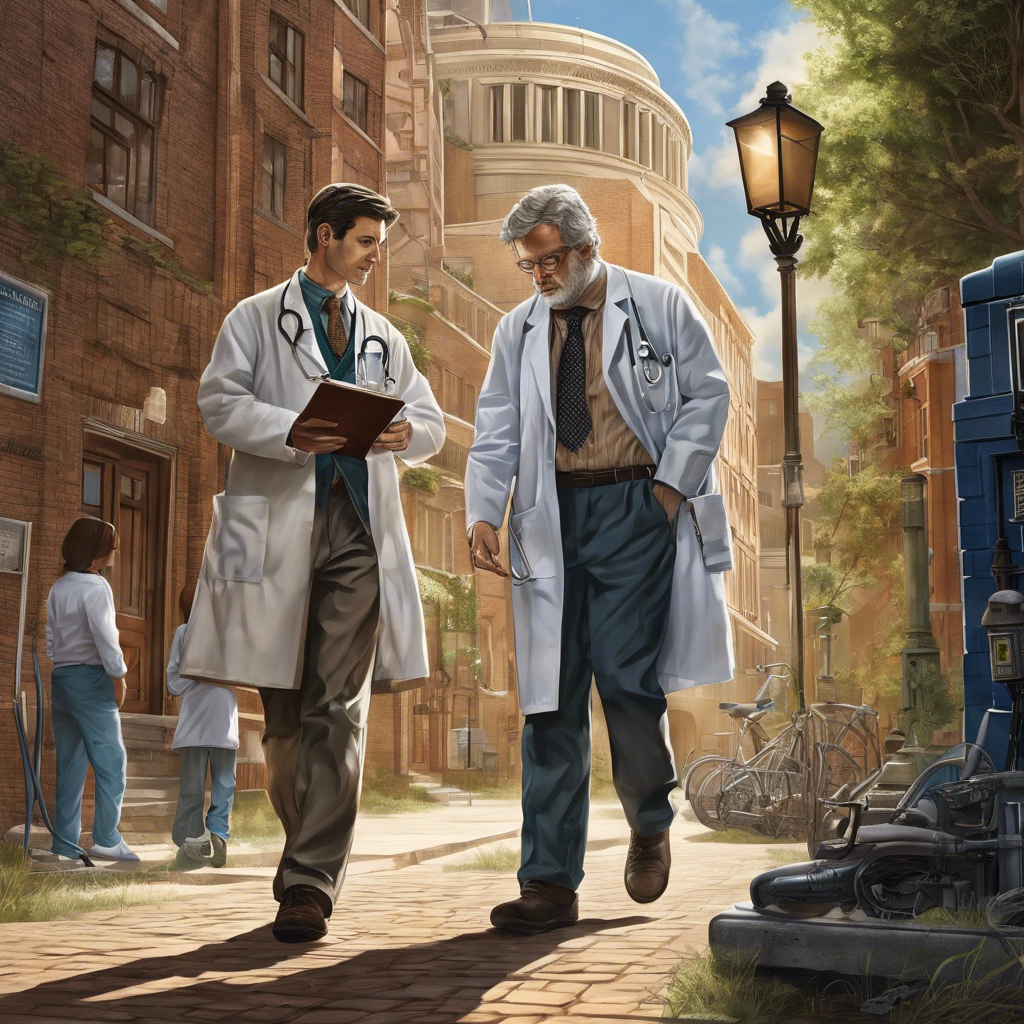
Strategies for Excelling in US Clinical Settings
To excel in US clinical settings, IMGs should demonstrate clinical competence, effective communication skills, and cultural sensitivity. They should be proactive in patient care, demonstrate a willingness to learn, and adapt to different clinical environments.
Leveraging Your USCE Experience for Residency Applications
Letters of recommendation (LORs) obtained during USCE are crucial for residency applications. IMGs should secure LORs from reputable physicians who can attest to their clinical skills, professionalism, and suitability for residency training programs.
Tips for Requesting LORs After Completing USCE
After completing USCE, IMGs should promptly request LORs from physicians they worked with. They should provide clear instructions, remind physicians of specific experiences or achievements, and express gratitude for their support.
Post-USCE Considerations for IMG Graduates
Reflecting on Your USCE Experience
After completing USCE, IMGs should reflect on their experiences, lessons learned, and areas for growth. They should consider how their USCE experience has shaped their career goals and aspirations.
Next Steps After Completing USCE
After completing USCE, IMGs should continue to pursue opportunities for professional development, networking, and residency preparation. They should stay informed about residency application timelines, requirements, and deadlines.
Connecting with the IMG Community for USCE Support
Utilizing IMG Networks for USCE Guidance
IMGs can connect with other IMGs and alumni networks for guidance, support, and advice on navigating the USCE process. Sharing experiences, tips, and resources can help IMGs make informed decisions and overcome challenges.
Sharing Your USCE Experience to Help Others
IMGs who have completed USCE can pay it forward by sharing their experiences and insights with other IMGs seeking USCE opportunities. By offering guidance, encouragement, and support, they can help fellow IMGs navigate the USCE journey and achieve their goals.
Conclusion
In conclusion, obtaining USCE is vital for IMGs aspiring to match into U.S. residency programs. It offers valuable exposure to the American healthcare system, enhances CVs, and provides opportunities for networking and obtaining strong letters of recommendation. By understanding the different types of clinical experiences, researching opportunities, and actively engaging during rotations, IMGs can maximize their chances of success in the residency match process.
Common Questions:
What is USCE (United States Clinical Experience)?
USCE, or United States Clinical Experience, refers to the hands-on or hands-off clinical experience gained by international medical graduates (IMGs) working in a U.S. medical environment. It provides exposure to the American healthcare system, patient populations, and medical practices.
Is USCE Good for a CV?
Yes, USCE is highly beneficial for an IMG’s curriculum vitae (CV) or resume. It demonstrates familiarity with the American healthcare system, exposure to diverse patient demographics, and the ability to work alongside U.S. physicians. Additionally, USCE allows IMGs to obtain letters of recommendation from American doctors, which are crucial for residency applications.
How do I get clinical experience in the US as an IMG?
IMGs can obtain clinical experience in the US by participating in observerships, clerkships, externships, or research opportunities. They can apply directly to hospitals or through companies specializing in arranging clinical rotations. It’s essential to research potential programs, meet all requirements, and apply well in advance to secure desired rotations.
What is considered USCE?
US clinical experience (USCE) encompasses hands-on or hands-off clinical experience gained by IMGs in the United States. This includes observerships, clerkships, externships, and research opportunities in various medical settings.
How much US clinical experience do you need?
The amount of US clinical experience needed varies depending on individual residency program requirements and preferences. However, having multiple rotations, preferably in the specialty of interest, can significantly strengthen a residency application.
Is USCE necessary?
While not mandatory, US clinical experience (USCE) significantly enhances an IMG’s residency application. It provides exposure to the American healthcare system, enhances clinical skills, and increases familiarity with US medical practices. Ultimately, USCE improves an IMG’s competitiveness and chances of matching into a residency program in the USA.
How hard is it to get residency in the USA for IMG?
Securing residency in the USA can be challenging for IMGs due to competition, visa requirements, and varying program preferences. However, with strong academic credentials, US clinical experience, and strategic application planning, IMGs can improve their chances of matching into a residency program.
How do I get research experience as an IMG?
IMGs can obtain research experience by seeking opportunities at universities, hospitals, or research institutions in the USA. They can explore research assistant positions, volunteer opportunities, or collaborate with faculty members on research projects. Networking with researchers and attending conferences can also help IMGs connect with potential research mentors.
How to get clinical experience in the USA for international students?
International students can obtain clinical experience in the USA by participating in observerships, clerkships, externships, or research opportunities. They can apply directly to hospitals or through companies specializing in arranging clinical rotations. It’s essential to meet all requirements, including visa regulations, and apply well in advance to secure desired rotations.
How do I get a fellowship for IMG in the USA?
IMGs interested in fellowships in the USA can explore fellowship programs offered by universities, hospitals, or professional organizations in their specialty of interest. They can research fellowship opportunities, meet eligibility criteria, and submit applications following program-specific requirements and deadlines.
How important is clinical experience?
Clinical experience is paramount for medical professionals as it provides hands-on exposure to patient care, enhances clinical skills, and fosters professional development. Clinical experience is essential for medical education, residency training, and ongoing career advancement in healthcare.
Can an IMG match into surgery in the USA?
Yes, IMGs can match into surgery residency programs in the USA. However, competition for surgical residencies is fierce, and IMGs must have strong academic credentials, US clinical experience, and compelling letters of recommendation to increase their chances of matching into surgery programs.
Can an IMG get a urology residency in the USA?
While it is possible for IMGs to match into urology residency programs in the USA, it is highly competitive. Urology residency programs typically prioritize applicants with strong academic backgrounds, research experience, US clinical experience, and outstanding letters of recommendation. IMGs interested in urology residency should aim to strengthen their qualifications and strategically apply to programs that are IMG-friendly.
The Difference Between Electives and Observerships:
Electives involve hands-on clinical experience where IMGs actively participate in patient care, examinations, and procedures. On the other hand, observerships primarily involve shadowing physicians, attending rounds, and observing medical procedures without direct involvement in patient care. Electives offer more valuable experience for CVs and residency applications due to their hands-on nature.
How important is US clinical experience for IMG?
US clinical experience (USCE) is highly important for IMGs aspiring to match into residency programs in the USA. It provides exposure to the American healthcare system, enhances clinical skills, and strengthens residency applications. Additionally, USCE facilitates networking with physicians and program directors, ultimately increasing the likelihood of successfully matching into a residency program.
I hope this organization helps! Let me know if you need anything else. Follow us on t.me/noursguide


